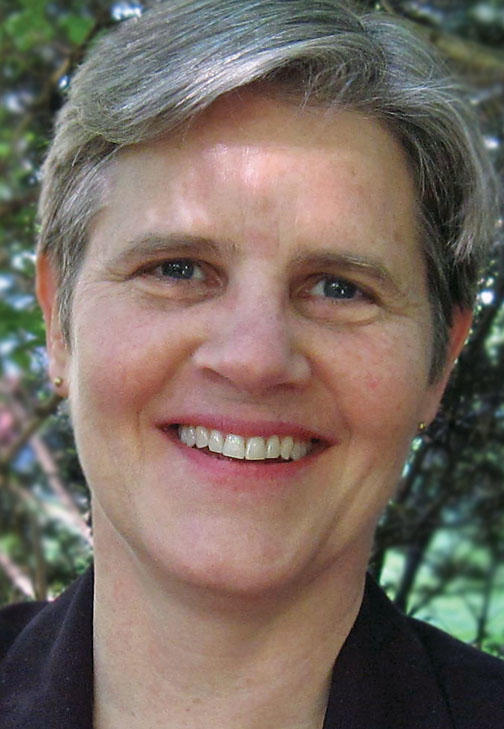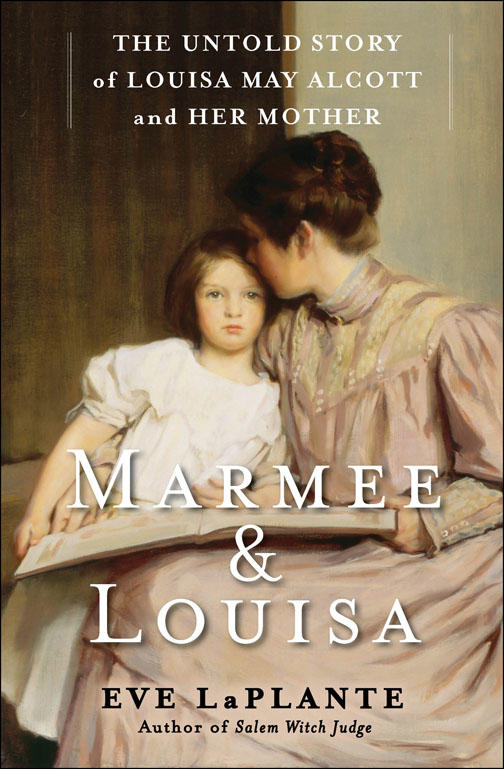
In previous biographies, Eve LaPlante ’80 has mined her family history for ancestors such as the Puritan colonist Anne Hutchinson and the Salem, Mass., witch judge Samuel Sewall. LaPlante always had planned a third biography on perhaps her most famous relative, novelist Louisa May Alcott, but hadn’t found a fresh angle on the writer of Little Women. Then LaPlante, with her daughter, started digging through her mother’s attic, where they discovered some May and Alcott family papers, including letters written by Louisa’s mother, Abigail May Alcott.
“Everyone had said that Abigail’s papers were burned,” LaPlante says. And while some had been destroyed, LaPlante found trunkfuls of relevant family material and discovered more of Abigail’s papers in the archives at Harvard University. Before long, LaPlante realized her next book would be not just about the famous Louisa but about Louisa and Abigail — a woman who had been at the 19th-century crossroads of abolitionism, women’s suffrage, and Transcendentalism, and whose finely developed moral thinking and deep bond with her daughter can be traced in Louisa’s stories and novels.
Biographers of Louisa generally have attributed her progressive thinking and drive to her father, Bronson Alcott, a controversial educator and key figure in the Transcendental movement. But in Marmee & Louisa: The Untold Story of Louisa May Alcott and Her Mother (Free Press), LaPlante reveals that it was Louisa’s mother who not only urged her to write but inspired her material.
By both example and influence, Abigail encouraged her talented daughter to succeed in a male-dominated society. Abigail believed fiercely that women should be as educated as men, that slavery was wrong, and that women should have a say in public life. In some ways, Louisa had no choice but to succeed: Her family was destitute. “They were homeless, starving. They were truly suffering for the entire childhood of Louisa,” says LaPlante. Eventually Louisa went to work, sewing and serving as a maid for a wealthy family, as she penned short stories on the side.
Abigail passionately supported Louisa’s interest in writing, even allowing Louisa to read her own journals, which recounted Abigail’s struggles and unhappy marriage. For Little Women devotees, LaPlante hopes that Marmee & Louisa will add another layer of insight into the author’s family and motivations, but just as importantly, will properly introduce Abigail, whose progressive thinking and writings have importance independent of her famous husband and daughter. During her research, LaPlante found so much new material that she simultaneously was able to publish My Heart Is Boundless (Free Press), a selection of Abigail’s writings, which offer a unique look into the mind and world of a 19th-century American woman.
WHAT SHE’S READING: The Last Kabbalist of Lisbon, by Richard Zimler, and The Maias by José Maria de Eça de Queirós
Why she’s reading them: Both books pertain to the May family’s Jewish-Portuguese ancestors. “Abigail’s father had a Jewish-Portuguese ancestor who left Portugal before 1500, and I’m curious to know more about that part of the family’s history.”












0 Responses